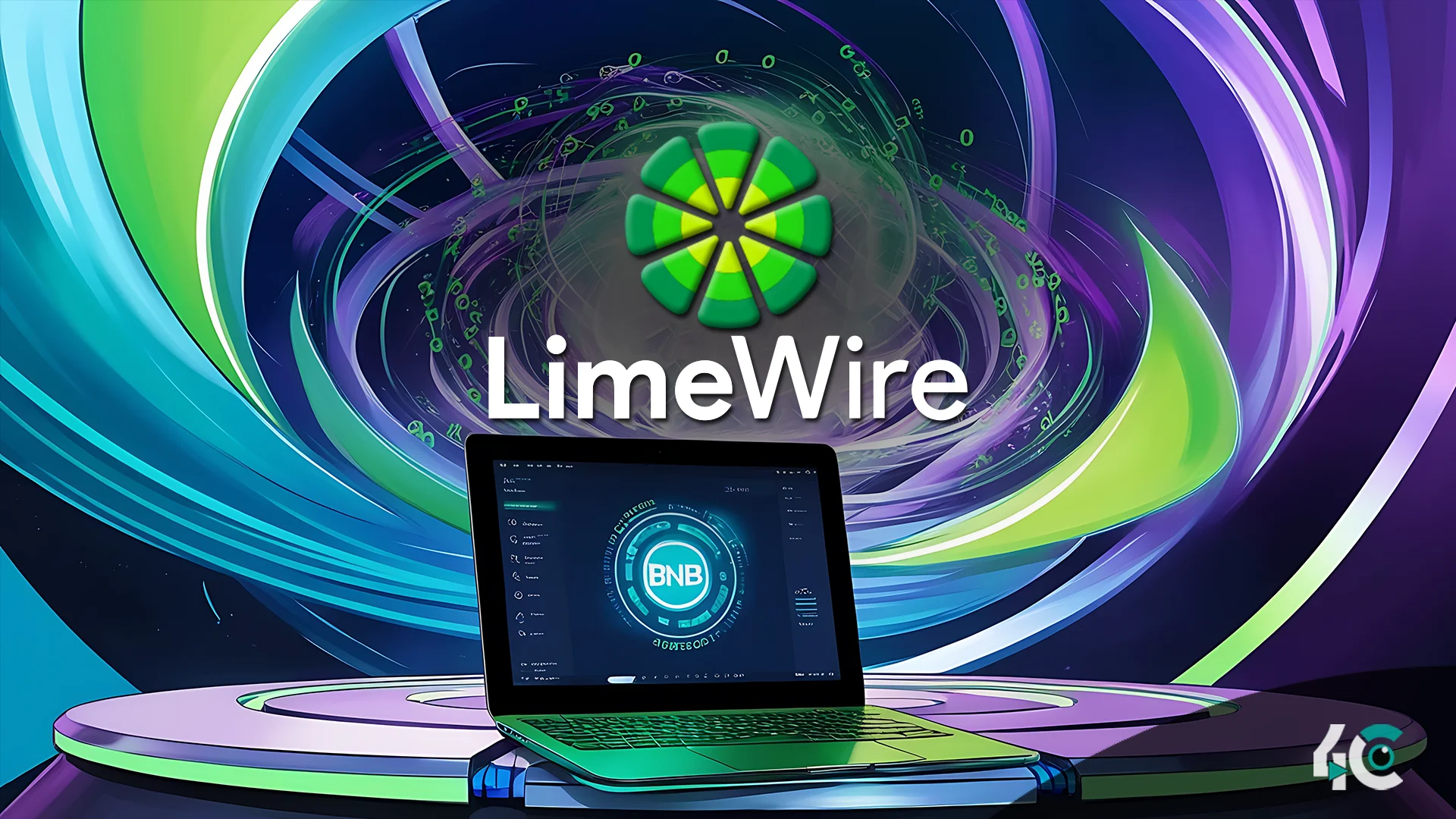LimeWire, previously a well-known peer-to-peer file-sharing program, has made a bold comeback by offering a decentralized file-sharing tool based on BNB Greenfield. This relaunch redefines LimeWire’s role in the digital world by combining its core file-sharing ideas with Web3-era technological breakthroughs.
The new functionality allows users to share and receive encrypted information internationally via a decentralized system, maintaining security and user control. This is a huge step forward in LimeWire’s evolution, as it strives to reconnect with its roots while meeting the expectations of today’s digital economy.
A Web3 Integration Revolution.BNB Greenfield powers the decentralized file-sharing service, a blockchain-based storage infrastructure that replicates traditional cloud infrastructures. However, it combines decentralized technologies, allowing users to have more control over their data and integrate seamlessly with decentralized applications.
This technology advancement enables LimeWire to provide a user-friendly, blockchain-enabled solution while maintaining its tradition of democratizing file sharing.
Meeting Modern User DemandsSince its rebranding in 2022, LimeWire has expanded its products to include artificial intelligence solutions, drawing more than two million active users. These tools make it easier to create, modify, and share material, but file sharing was still one of its most popular services.
LimeWire’s reintroduction of file sharing combines its nostalgic roots with a forward-thinking approach. The integration of AI and decentralized storage strengthens the platform’s commitment to providing innovative, user-centric services.
There has been a turbulent history and an optimistic future.LimeWire first gained popularity in the early 2000s as a peer-to-peer file-sharing network, eventually being synonymous with music downloads. However, the controversy surrounding its popularity stemmed from the widespread piracy of its content. Legal issues forced its closure in 2010, signaling the end of an era.
In 2022, entrepreneurs resurrected the LimeWire name and turned it into a non-fungible token (NFT) marketplace. By 2023, LimeWire had expanded its Web3 reach by releasing a blockchain-based game that rewarded players with digital tokens, demonstrating its continued reinvention.
A New Era of Decentralized Services.The reinstatement of decentralized file sharing demonstrates LimeWire’s dedication to innovation and adaptability in a fast-changing digital landscape. LimeWire is establishing itself as a leader in the Web3 ecosystem by embracing blockchain technology and incorporating advanced AI capabilities.
LimeWire’s reformation not only revitalizes its past but also solidifies its position as a dynamic, multidimensional platform for the decentralized age.































